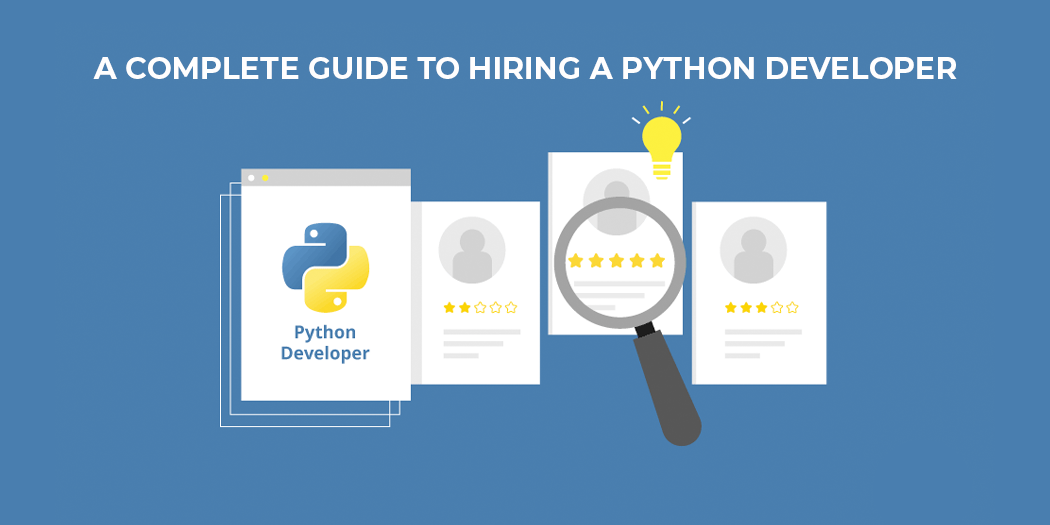GuestPostReach providing knowledge and information on broad range of topics. At GuestPostReach published content is carefully researched and written by a team of experts, with a focus on providing accurate and up-to-date information. We hope you find our content helpful and informative to readers, authors and everyone.

